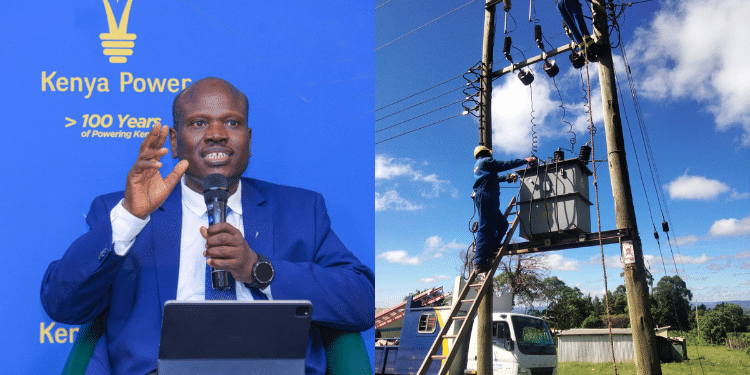Microsoft has announced that its Azure cloud platform has been hit by damage on fibre optic cables in the Red Sea.
Therefore, it is facing delays in parts of the Middle East.
The company said on Sunday, September 7, that the disruption, which began on Saturday, has caused increased latency for some customers whose data passes through the region.
However, it noted that traffic outside the Middle East remains unaffected, as services have been rerouted through alternative network paths.
We do expect higher latency on some traffic that previously traversed through the Middle East. Network traffic that does not traverse through the Middle East is not impacted.
We’ll continue to provide daily updates, or sooner if conditions change.
Also Read: Microsoft to Lay Off 9,000 Employees to Amid AI Expansion
Consequence of Microsoft Cable Cuts
Independent internet monitoring group NetBlocks reported that the outages have also degraded connectivity in several countries beyond the Middle East, including India and Pakistan.
Moreover, the group pointed to a series of submarine cable failures in the Red Sea, a route critical to global internet infrastructure.
The Red Sea has been a key corridor for global telecom and internet cables, which carry massive amounts of data that support banking, trade, education, healthcare, and everyday digital services.
Anxiety over the safety of the underwater lines has grown in recent months after Yemen’s Houthi rebels began targeting commercial vessels in the area in late 2023, saying their actions were in solidarity with Palestinians amid the Gaza conflict.
Also Read: Safaricom Gives Update After Countrywide Internet Disruption
Submarine Cables
Globally, submarine cables extend for about 1.4 million kilometres along the seabed, forming the backbone of the internet.
Although damage to these cables is common, averaging between 150 and 200 outages annually according to the International Cable Protection Committee.
Most incidents are attributed to human activity, such as fishing or ship anchoring. Other risks include ageing, abrasion, and equipment failure.
Microsoft has not disclosed the cause of the Red Sea fibre cuts but said it was monitoring the situation closely.
Millions of users of its Azure platform, the world’s second-largest cloud service after Amazon Web Services, may continue to see temporary slowdowns until repairs are completed.
Follow our WhatsApp Channel and X Account for real-time news updates.


















































![Senator Allan Chesang And Chanelle Kittony Wed In A Colourful Ceremony [Photos] Trans Nzoia Senator Allan Chesang With Channelle Kittony/Oscar Sudi]( https://thekenyatimescdn-ese7d3e7ghdnbfa9.z01.azurefd.net/prodimages/uploads/2025/11/Trans-Nzoia-Senator-Allan-Chesang-with-Channelle-KittonyOscar-Sudi-360x180.png)























